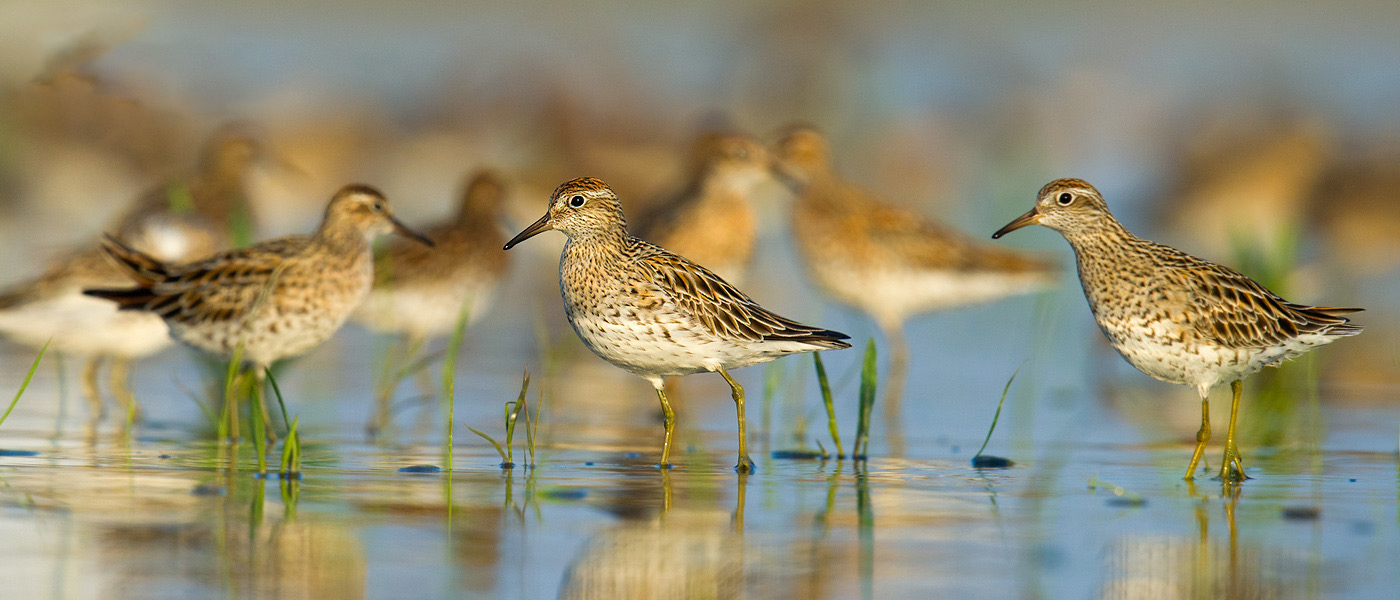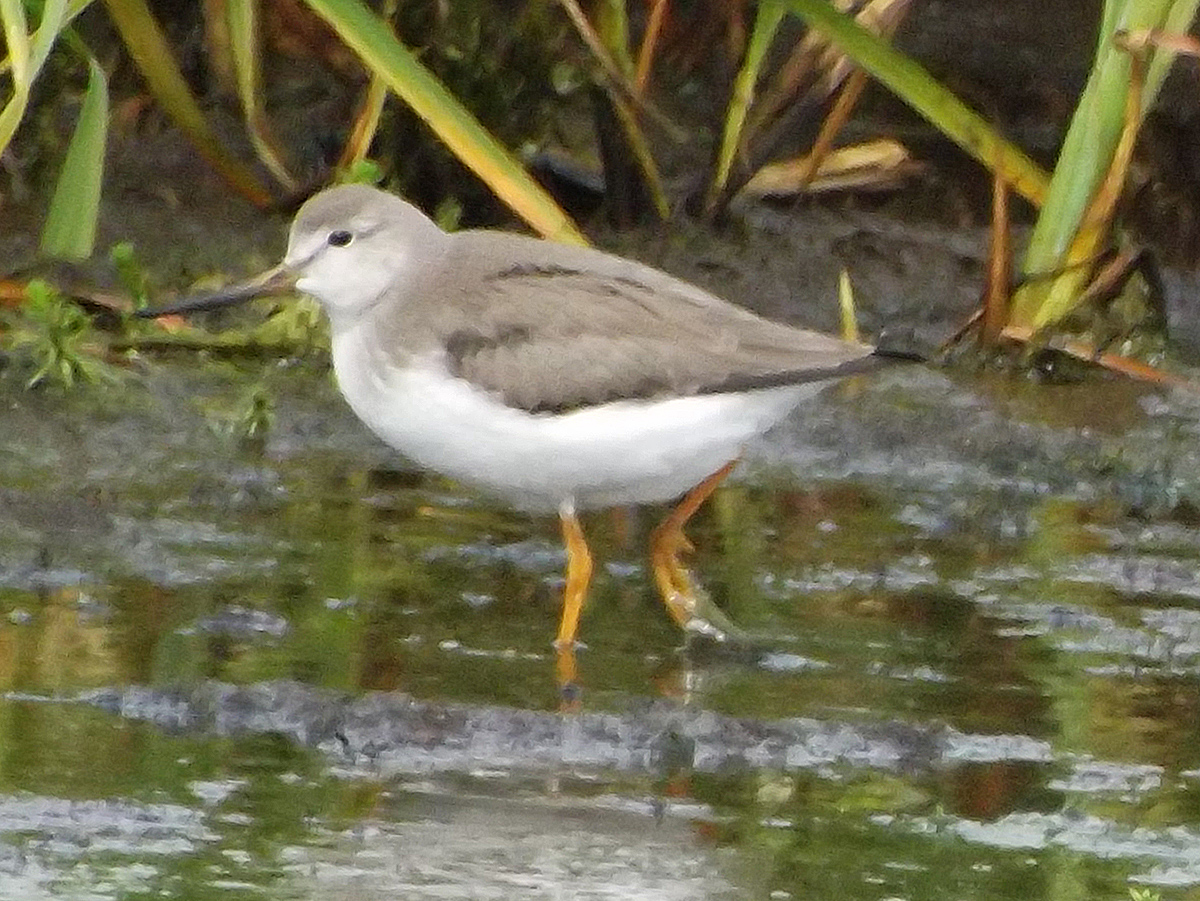
by Chris Feeney
for shanghaibirding.com

In the fall of 2012 I spent more than a month on St. Paul Island, Alaska. My main goal was to see Eurasian strays. These species are well-known to Shanghai birders, and seeing them on U.S. soil is a real treat. St. Paul is in the Pribilof Islands north of the Aleutians in the Bering Sea. It is not a large island, having an area of 43 square miles (111 sq. km). It has a nice variety of habitats, from sedge marshes, volcanic rock areas, tidal lagoons, and a quarry to large areas of wild celery. The rock cliffs hold large numbers of breeding alcids and kittiwakes.
Several good roads connect some of the best birding areas on the island. In a typical birding day one can cover most of the island, unless, of course, great rarities are found! Normally I do not take tours. However, the setup at St. Paul is such that only tour personnel can go to some of the best birding areas. I therefore signed up for the tour. For most of my 29 days on the island, I was the only person on the tour.
I got to St. Paul in the afternoon of August 19th. I was met by Doug Gotchfeld, one of the St. Paul Tours guides. He told me that a Pin-tailed Snipe had not been seen in several days and had probably moved on. However, two Little Stint and a few Red-necked Stint were around. The stints were being seen on a creek mudflat near Antone Lake. On the way there we passed the Salt Lagoon, and Doug showed me my first ABA Red-necked Stint. We arrived at the Little Stint spot not too long after and were rewarded with great views of both Little Stint, a life bird for me. We worked our way back to the Salt Lagoon, where Doug showed me a Grey-tailed Tattler, another ABA bird for me. I was very happy at that point, but the excitement had just started. Doug and I went to the Town Marsh, where in 2010 I had first seen Sharp-tailed Sandpiper and Wood Sandpiper. I was hoping to see both again. Doug and I walked into the marsh and were scanning when a shorebird flew in right past us. We saw the upturned bill and in unison yelled, “Terek Sandpiper!” Another super ABA bird for me. Sharp-tailed Sandpiper were in the Town Marsh as well.
The next day I had Ryan O’Donnell as my guide. We were in the northern part of the island when a very large raptor flew over. It was the White-tailed Eagle that had been seen for several months on the island. Another life bird.
On August 24th we found a Common Snipe in the Polavina Wetlands, for me another great ABA bird. Also on the 24th, Doug Gotchfeld and one of the U.S. Fish and Wildlife Service individuals relocated the Pin-tailed Snipe on the far western side of the island. It was about a two-mile hike up to the area where the bird had been seen. On the 26th, Ryan O’Donnell, Craig Caldwell from Ohio, and I took the hike up to look for the snipe. We got to the general area and were walking around when the bird flushed up and flew across the hillside very close to us. It was calling as it went by. It flew off into a large marshy area. I took two more trips up to that area, but we never saw the Pin-tailed Snipe again. Several days later we saw a Siberian Sand Plover. The Little Stint, Red-necked Stint, and Grey-tailed Tattler were still seen regularly. A Ruff appeared at the Town Marsh.
September brought in some great Eurasian birds. On the 3rd I got my ABA Brambling. On the 6th I was in the quarry with Scott Schutte, who was in charge of the tours at that time. We had seen some Snow Bunting and not much else. We saw a flycatcher on the rocks. It turned out to be Dark-sided Flycatcher. That same evening birder Steve Heinl got in touch with us. They had seen a small brown bird in the celery patch near the Webster House in the northeast corner of the island. We went out to the site but could not relocate the bird. Steve thought it may have been a Fox Sparrow.
The next day, the 7th of September, Scott Schutte told me that he, Doug, a friend Andy Bankert, who had just come off a research vessel, and I would be going back to Webster House to look for the little brown bird. Scott had a feeling it was not a sparrow. My knees were bothering me after walking the celery patches, so I told Scott that I would wait on the dike while they walked the area, about 100 yards from me. Moments later my radio crackled: “Good bird, get out here.” I worked my way out to them and was told that in the celery was a Rufous-tailed Robin. We worked the area but did not have enough folks to flush the bird. Doug went back and got another group. At that point we had 14 people to cover the area. We spread out and started moving through the area. That did it! The Rufous-tailed Robin flushed up and flew across giving all of us excellent looks. We put it up one more time and Doug got great photos to document the find. It was the second island record.
Toward the end of my time on St. Paul I was with Doug Gotchfeld again, and we located another Common Snipe in the Tonki Wetlands. The following day, September 11th, Doug asked me if I wouldn’t mind going back to the Tonki Wetlands as a birder in another group needed Common Snipe for a life bird. We gathered at the Tonki Wetlands and started to move through the marsh. A small snipe jumped up right between another birder and me. It was not a Common Snipe, but a Jack Snipe! My second one on St. Paul Island. That was a life bird for several people.
I left St. Paul on September 16th. Unfortunately for me, St. Paul Tours raised their prices significantly, so I have not returned to St. Paul since 2012. The island is still one of the best places to see Eurasian flycatchers and also Long-toed Stint, so I may return at some point to look for birds I still need for my ABA list.
MAP & PHOTOS
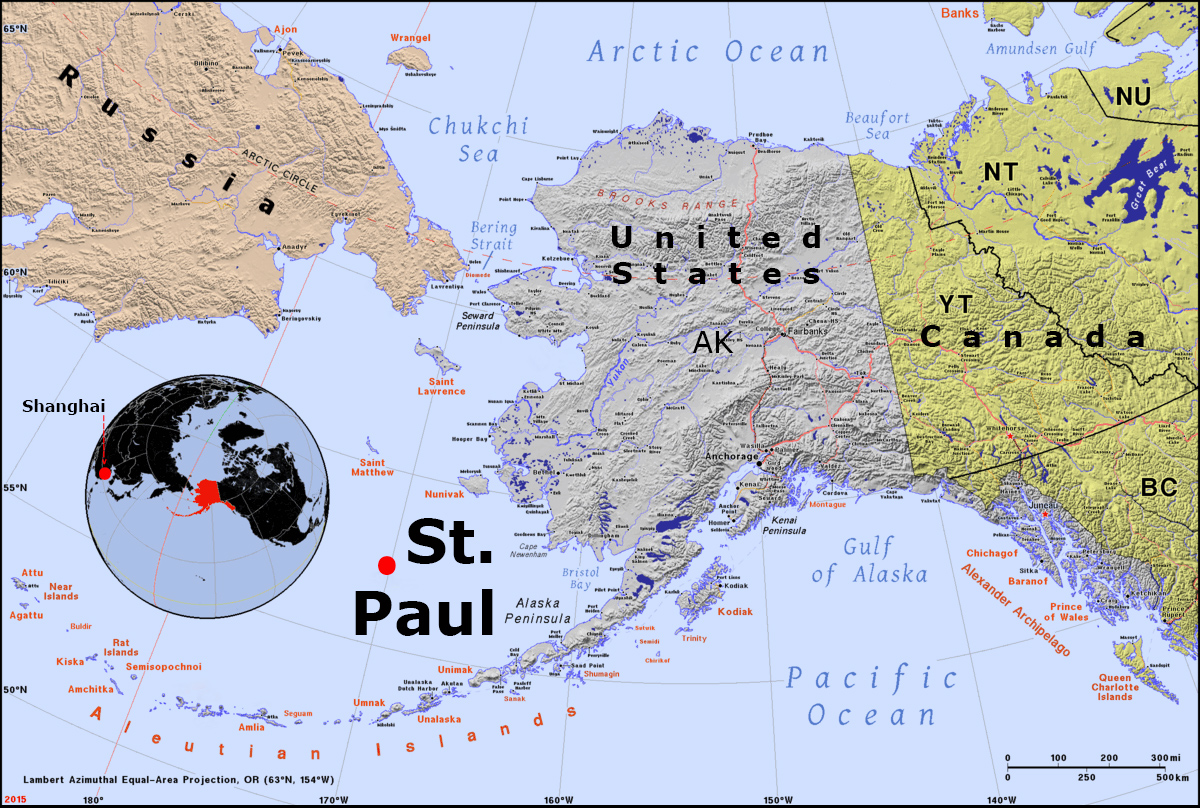
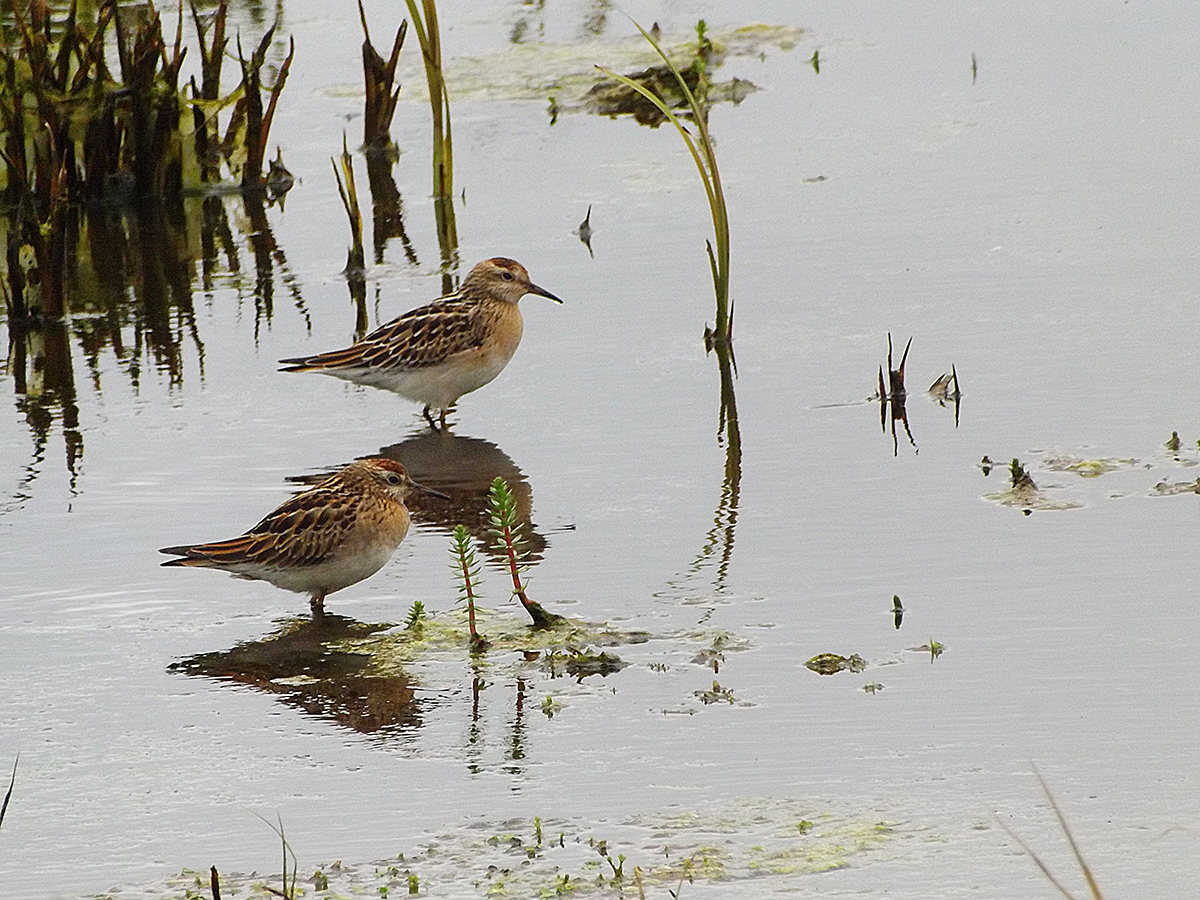
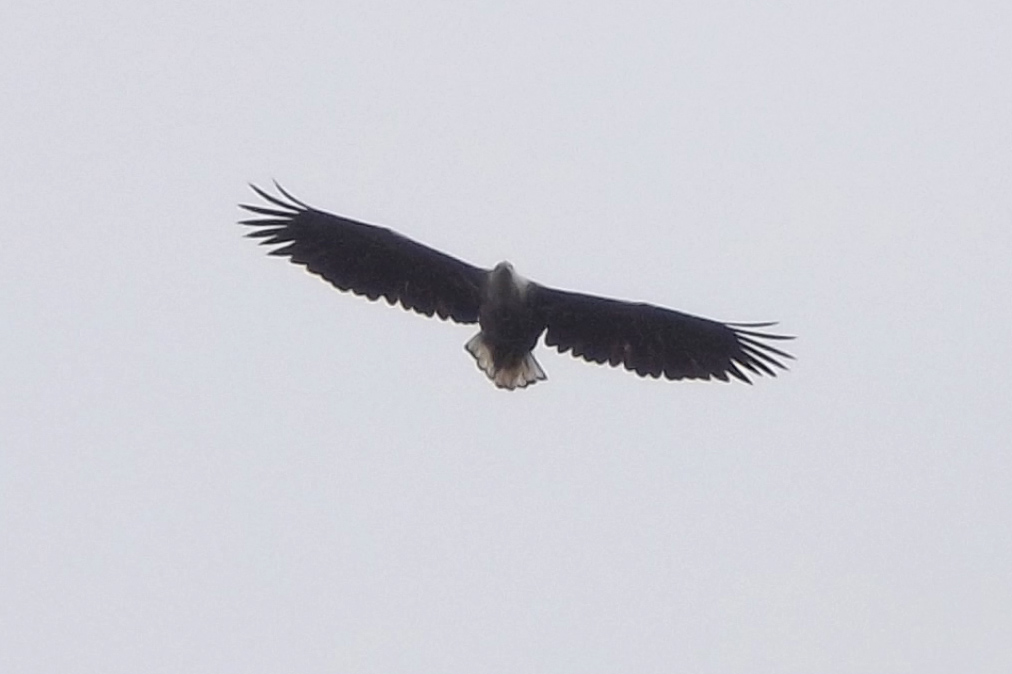
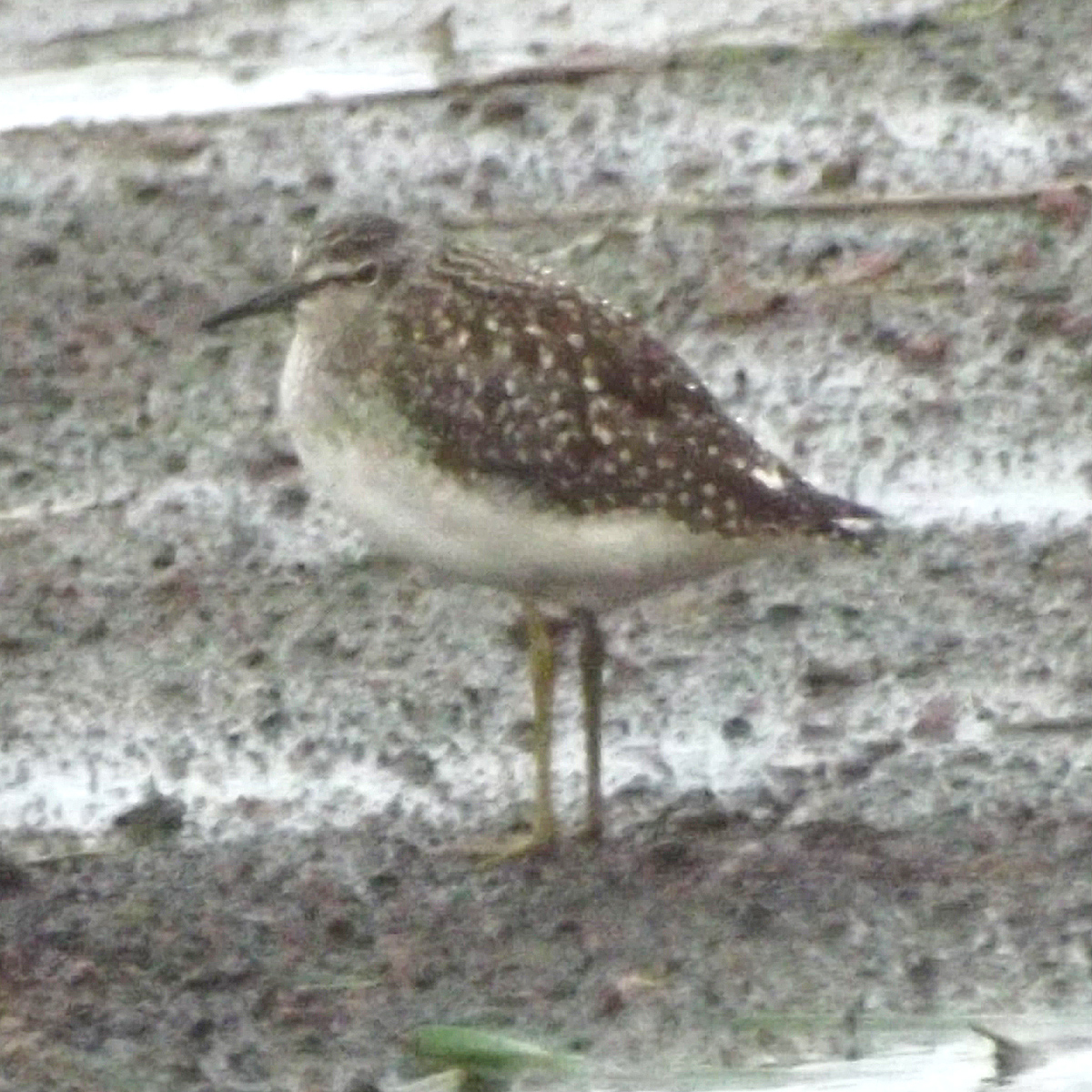
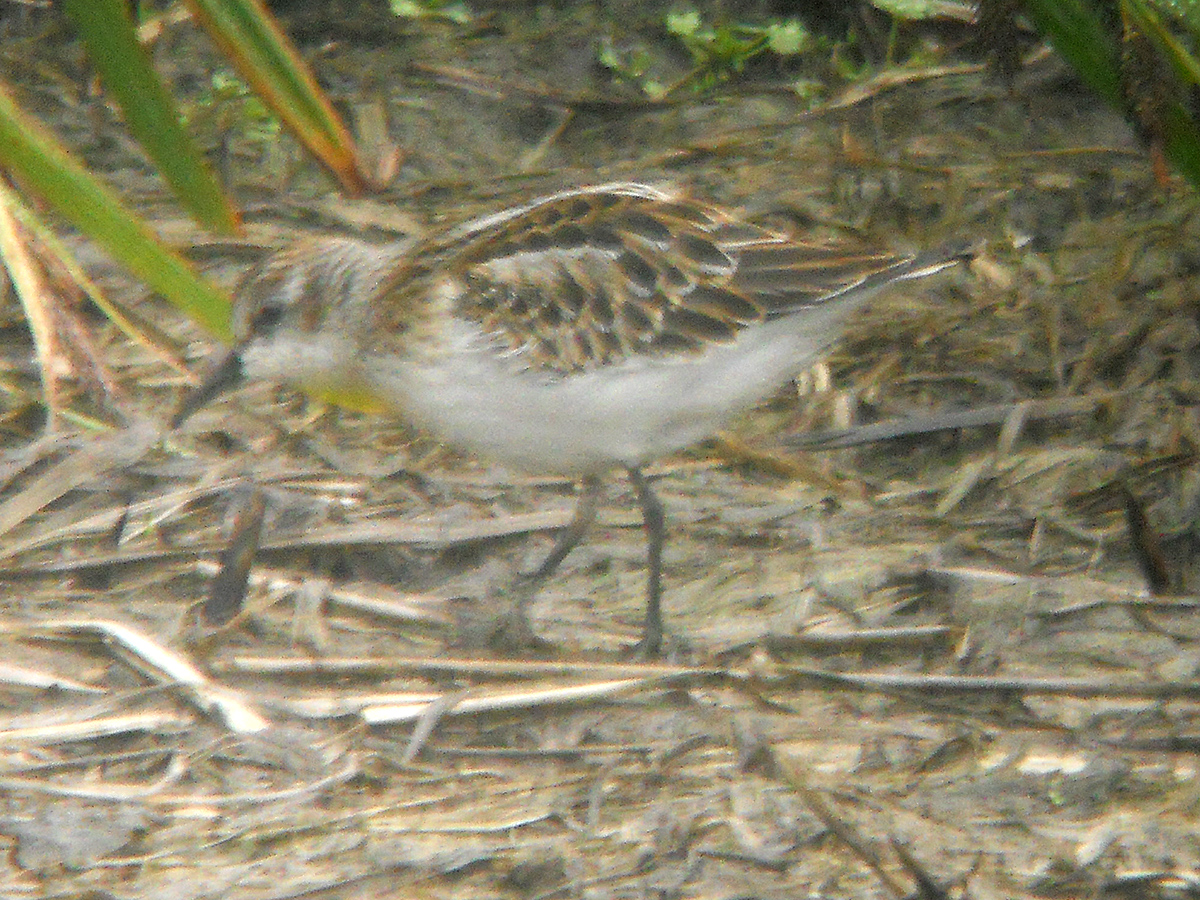
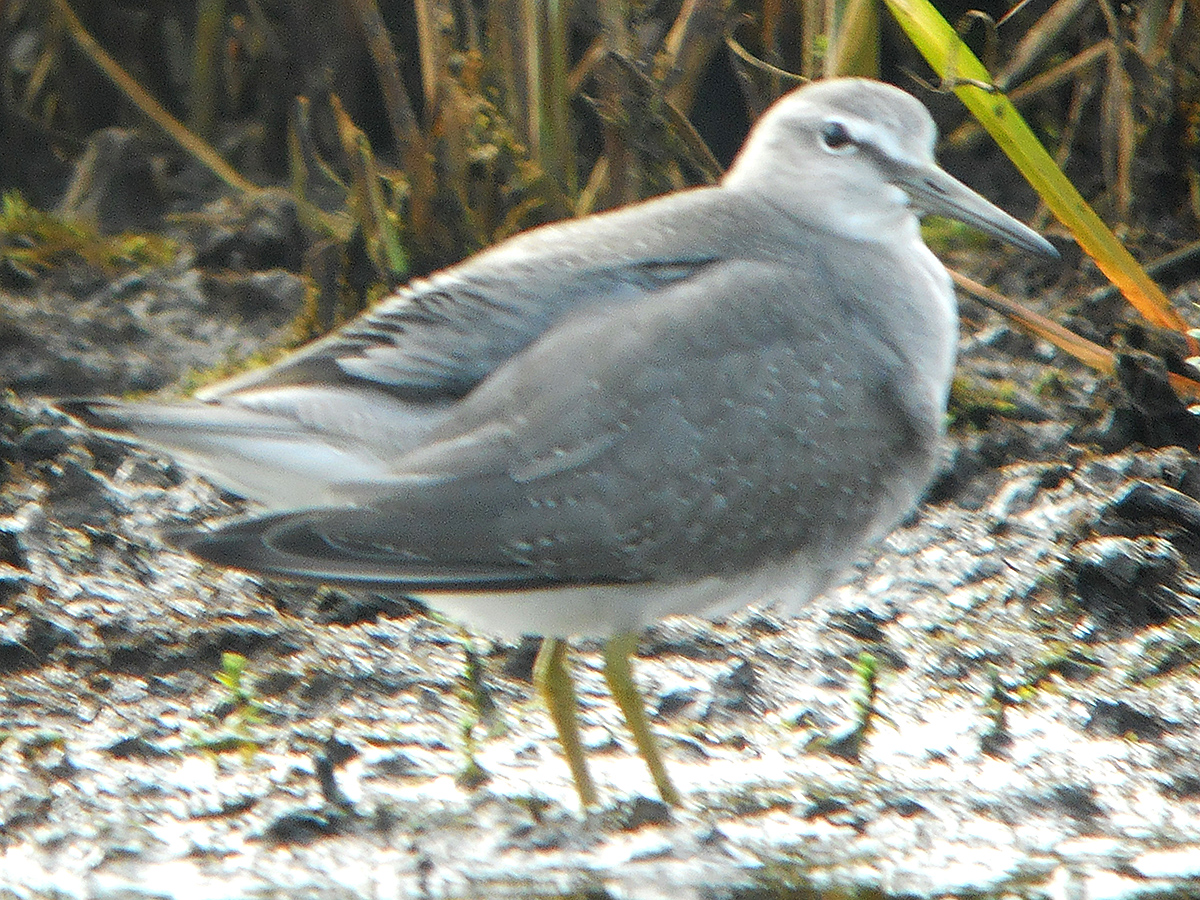
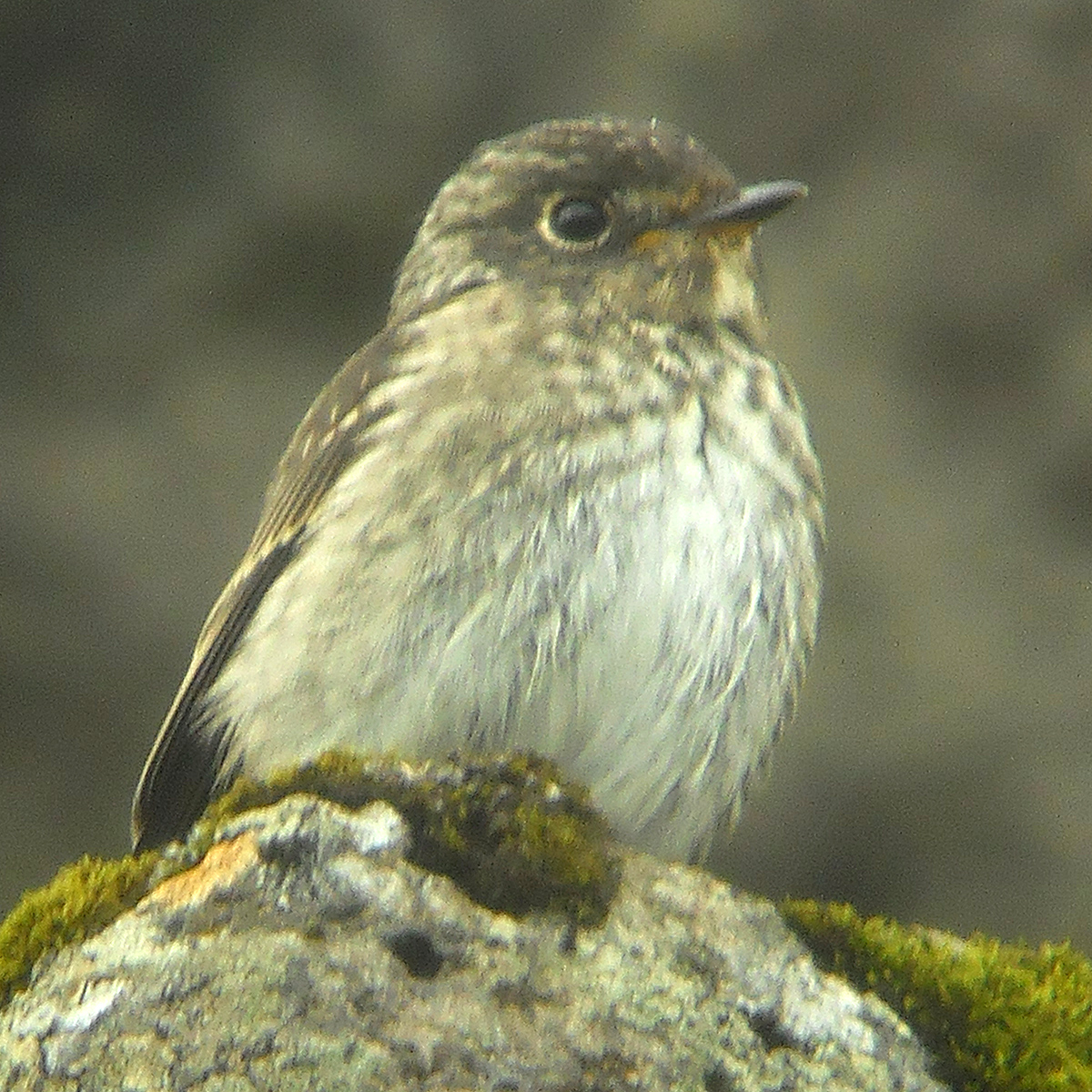
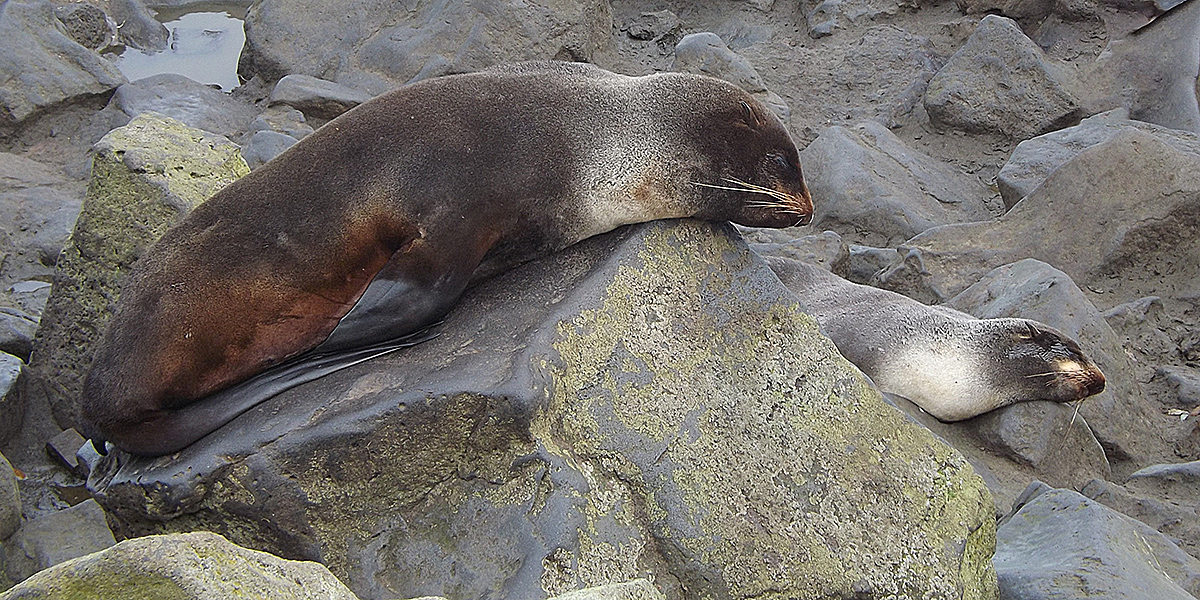
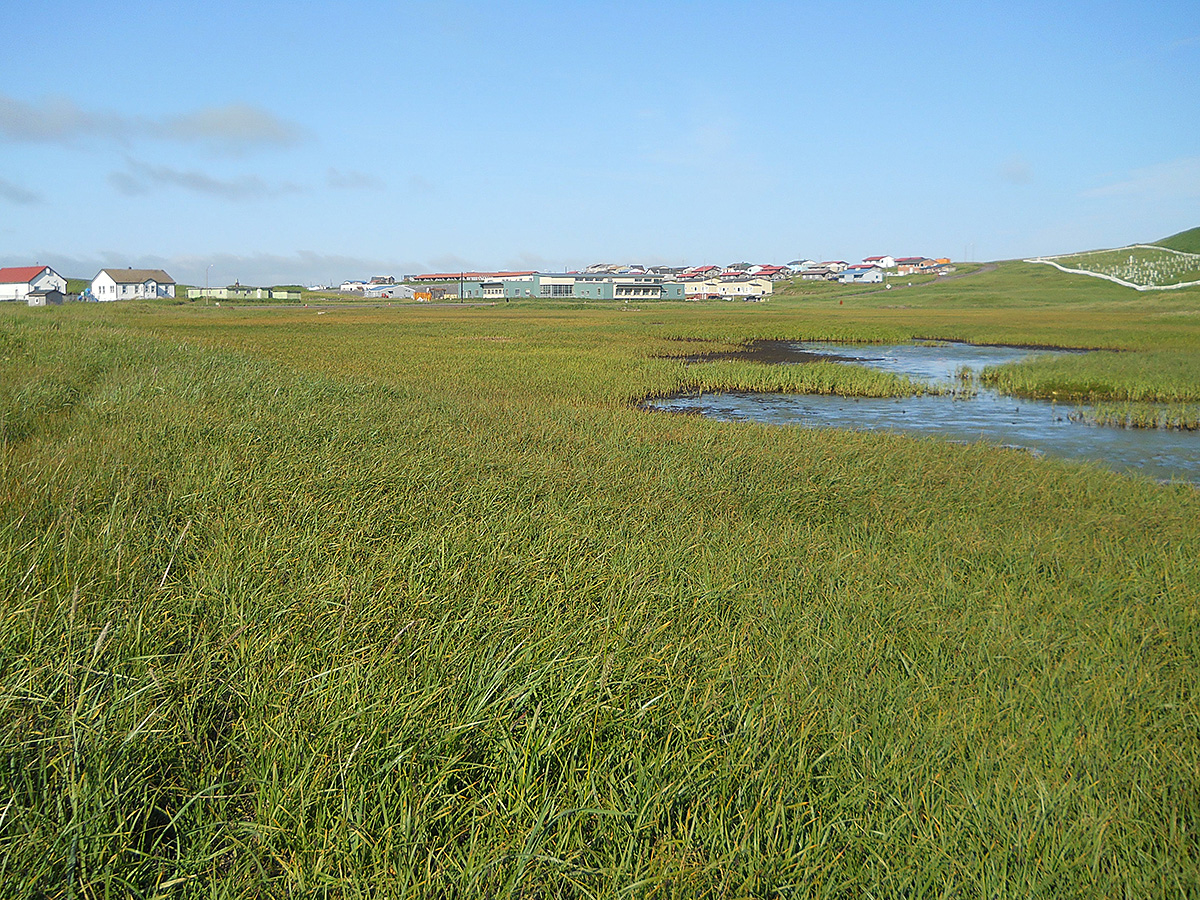
THE BIRDS OF SIBERIA, THE RUSSIAN FAR EAST, AND ALASKA
This post is part of shanghaibirding.com’s series on East Asian birds in Siberia, the Russian Far East, and Alaska:
Russia
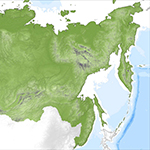
• Siberian Grouse and Blakiston’s Fish-Owl at Sikhote-Alin in the Russian Far East
• Birds of Siberia’s Yamal Peninsula
• Experiencing Kamchatka Leaf Warbler on Russia’s Kamchatka Peninsula
Alaska
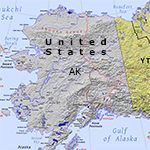
• Breeding Arctic Warbler Plus Vagrant Yellow-browed Warbler and Siberian Accentor in Alaska
• Terek Sandpiper, Rufous-tailed Robin, and Dark-sided Flycatcher on St. Paul Island, Alaska (you are here)
• Siberian Rubythroat, Olive-backed Pipit, and Red-necked Stint at Gambell and Nome, Alaska

